Gaza truce deal durability uncertain due to lack of Israeli commitment: Genocide scholar
By Alireza Akbari
A Bosnian-Herzegovinian activist and genocide scholar says the durability of the truce agreement between Hamas and Israel remains uncertain due to a lack of commitment from the Israel side.
In an interview with the Press TV website, Arnesa Buljusmic-Kustura underlined infighting in the Israeli regime and ambiguous terms outlined in the second and third phases of the ceasefire agreement, which came into effect last Sunday, as factors that could affect its sustainability and longevity.
“The ceasefire’s longevity is uncertain, given the volatile political landscape within Israel and the hardline positions of figures like Itamar Ben-Gvir and Bezalel Smotrich,” she stated.
After the ceasefire agreement went into effect last week, Ben-Gvir announced his far-right party's departure from Benjamin Netanyahu's war cabinet, describing it as a “reckless deal.”
Kustura pointed to Netanyahu’s remarks about “reserving the right to resume military operations,” along with “the vague terms of the second and third phases of the agreement,” as factors that suggest the truce, which came after 471 days of genocide in Gaza, is unlikely to last very long.
“Hardline ministers may exploit any perceived concessions to stoke internal dissent, pushing for policies that prioritize further aggression over adherence to the truce," she told the Press TV website.
"Additionally, Netanyahu’s history of prioritizing political survival over peace agreements indicates that he may abandon the ceasefire if it becomes politically expedient."
Citing the Israeli regime’s “consistent” breaches of past truce agreements, Kustura expressed genuine doubt about the regime's commitment to adhere to the agreement.
In a televised speech a day before the truce came into effect, Netanyahu hinted that the agreement was only temporary, adding that US President- Donald Trump “emphasized" to him that the apartheid regime would have the "full backing" of the incoming US administration to resume the war.
Ceasefire in Gaza unfolds deep scars of people
— Press TV 🔻 (@PressTV) January 25, 2025
Motee Abu Musabeh reports from Deir al-Balah.
Follow Press TV on Telegram: https://t.co/boCY50qfi9 pic.twitter.com/ff2yfAyOt2
His remarks followed comments by his cabinet member Bezalel Smotrich, who is fiercely opposed to the ceasefire with the Gaza-based Hamas resistance movement.
Smotrich had threatened to overthrow the Netanyahu regime if it did not occupy the Gaza Strip, calling the ceasefire agreement a “very serious mistake” and “surrender to Hamas.”
Given the past experiences of ceasefire violations and mounting pressure on the embattled Israeli premier, Kustura asserted that the ceasefire agreement is less likely to hold.
“Israel’s consistent violations of past truces—such as the documented breaches during the ceasefire with (the Lebanese-based resistance movement) Hezbollah—underscore its lack of commitment to maintaining peace agreements,” she noted.
Following the truce agreement between Hezbollah and the Israeli regime on November 27, the Zionist regime has breached the agreement hundreds of times, continuing its aggression in southern Lebanon.
According to Kustura, Israel’s historical non-compliance with prior agreements—such as its repeated restriction of humanitarian aid during the Israeli genocidal war on Gaza—“casts doubt on whether it will adhere to the terms of the truce.”
“Netanyahu has explicitly stated that Israel reserves the right to resume military operations at any time, and with the second and third phases of the agreement remaining vague, the likelihood of Israel exploiting this ambiguity is high," she remarked.
The activist also underlined the critical importance of “international monitoring” in maintaining the agreement and reiterated that the “absence of enforceable accountability mechanisms or consequences for breaching the ceasefire further undermines its durability.”
✍️ Feature - Factbox: Israeli regime’s despicable record of breaching ceasefire agreements
— Press TV 🔻 (@PressTV) January 19, 2025
By Ivan Kesic https://t.co/Xpk1GR3mBa
She described the “provision of 600 aid trucks” for the Gaza Strip as a “critical aspect of the ceasefire,” and emphasized the need for robust international oversight and pressure, as well as accountability mechanisms to ensure the “consistent and unhindered flow of aid.”
Kustura drew a parallel between the lack of clarity regarding the involvement of international partners in overseeing governance during the third phase of the truce agreement to the post-Bosnian genocide Office of the High Representative (OHR) model.
“Such arrangements often erode sovereignty and risk creating a neo-colonial dynamic that subjugates rather than empowers the affected population,” she said.
“For any long-term peace to succeed, Palestinian sovereignty and territorial integrity must be upheld, and efforts must focus on ending the occupation, dismantling the blockade, and addressing the root causes of the conflict."
The prominent genocide researcher also noted that the negotiations leading to the truce agreement were fraught with challenges, including Israeli reluctance to “full military withdrawal” from Gaza and its handling of the “prisoner exchange.”
She emphasized the Israeli regime’s unwillingness to relinquish full control over the besieged strip.
“The agreement to limit Israeli military presence to 700 meters within Gaza’s borders reflects a compromise that underscores Israel’s unwillingness to relinquish full control over Gaza,” she noted.
She added that if the ceasefire endures, it may provide a foundation for the reconstruction of Gaza and the alleviation of some of the trauma endured by its people.
Iran urges cooperation to resolve water, refugee disputes with Afghanistan
Conditions 'not yet in place' for safe return of Lebanese: UN officials
International community must compel Israel to withdraw from Lebanon: Parliament speaker
‘We’ll return’: Defiant Lebanese head home in south as Israeli forces refuse to withdraw
VIDEO | Press TV's News Headlines
Freedom of Palestinian abductees, across factions, reflects unity of cause
Iran's hard choice on FATF conundrum
Freedom at last: Palestinians freed under swap deal renew allegiance to resistance


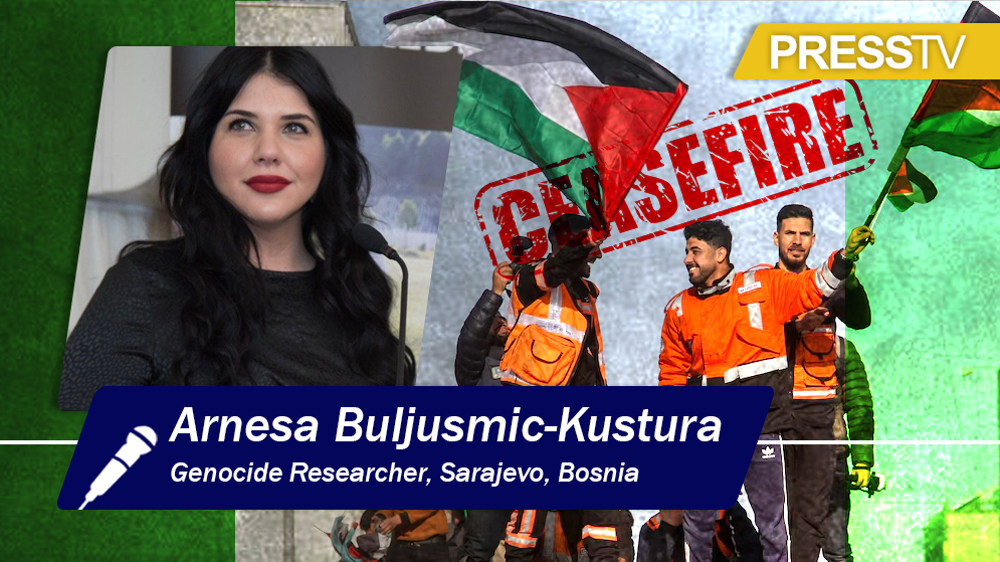
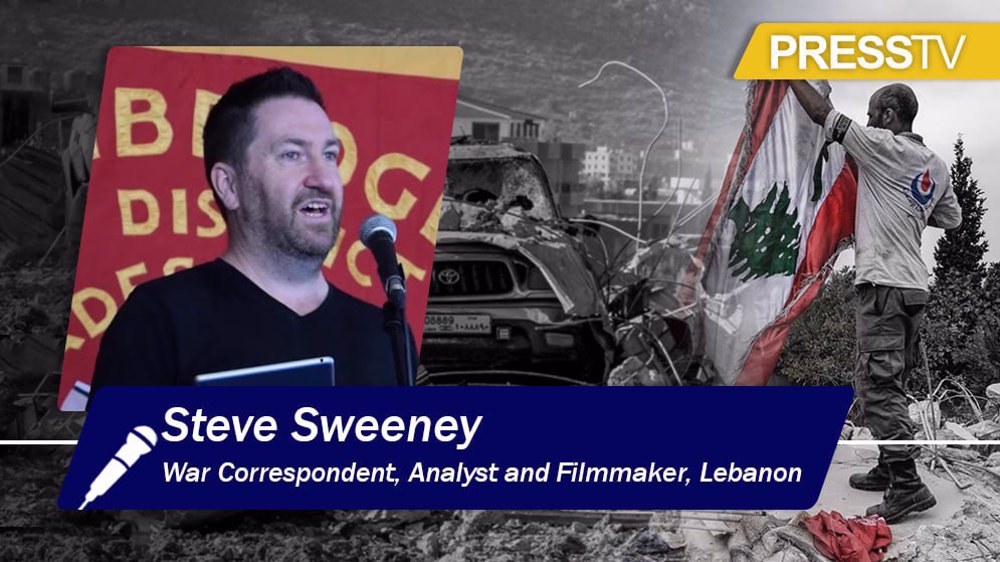
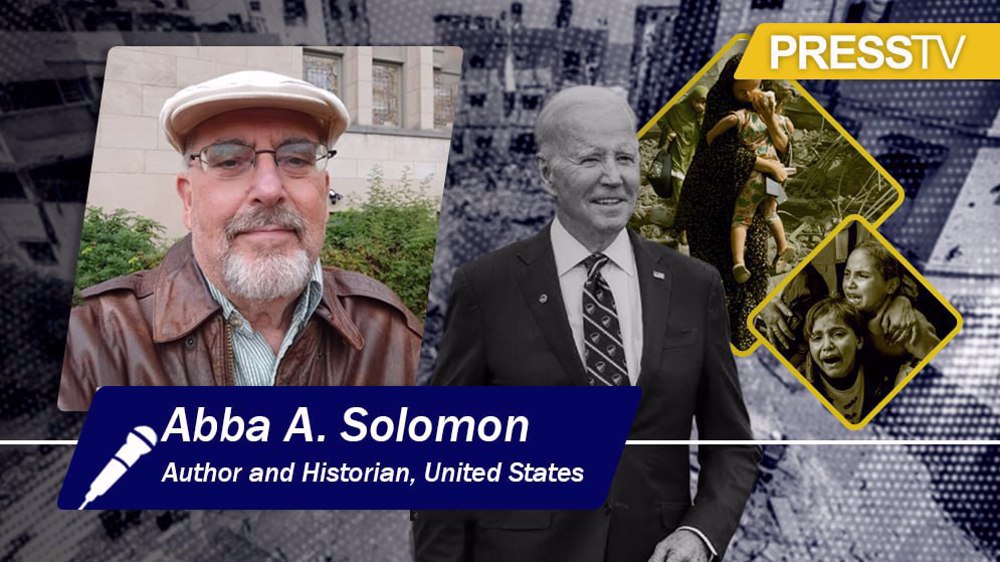




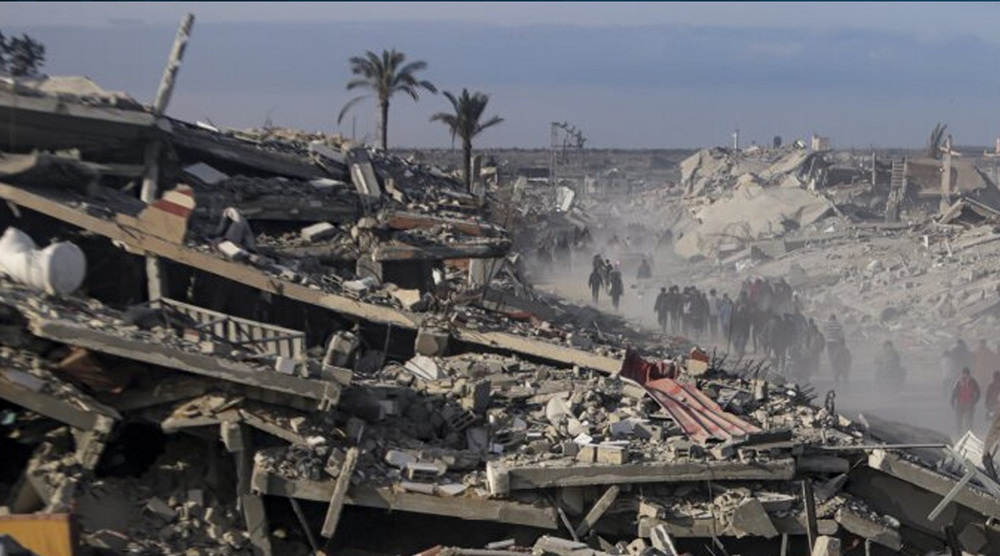
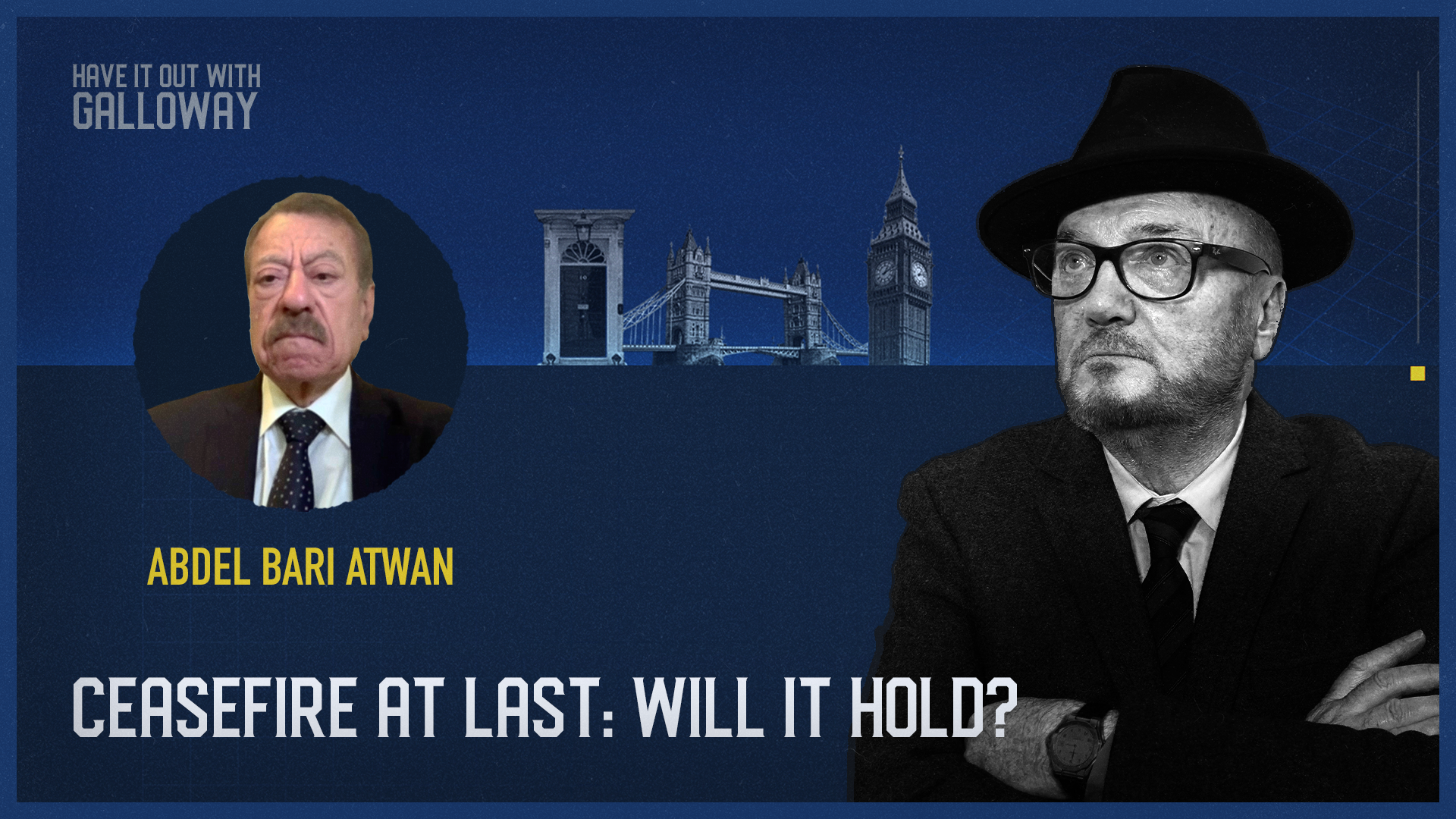
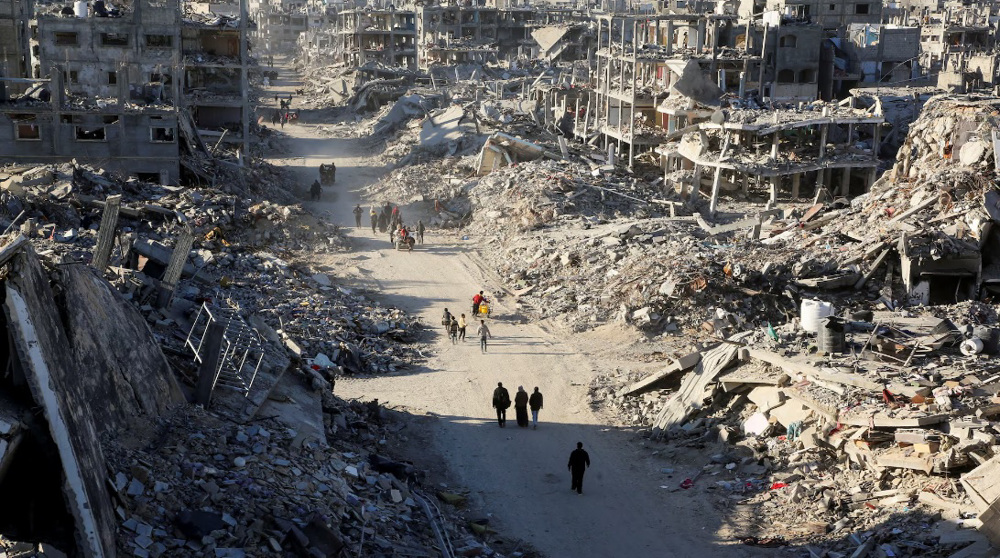
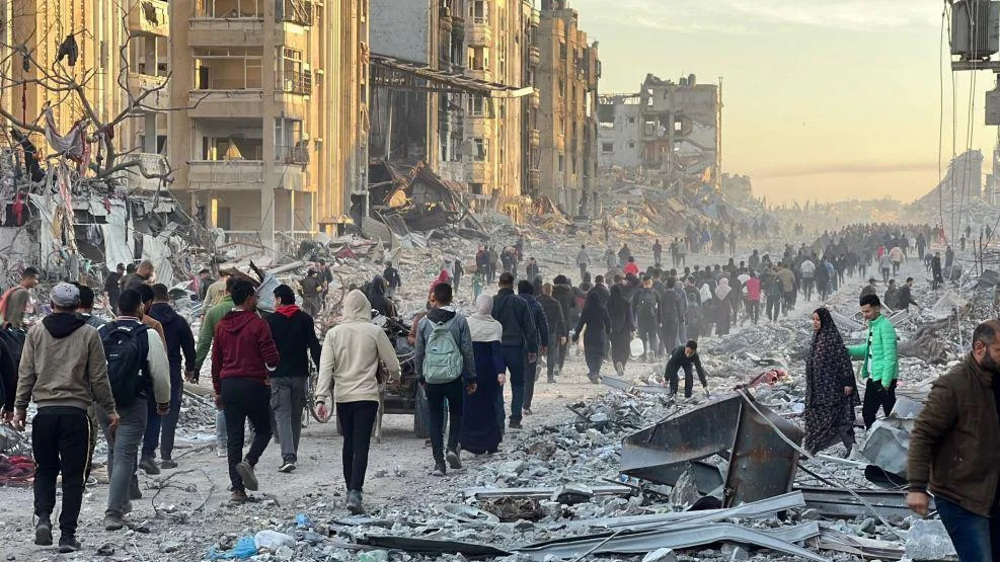
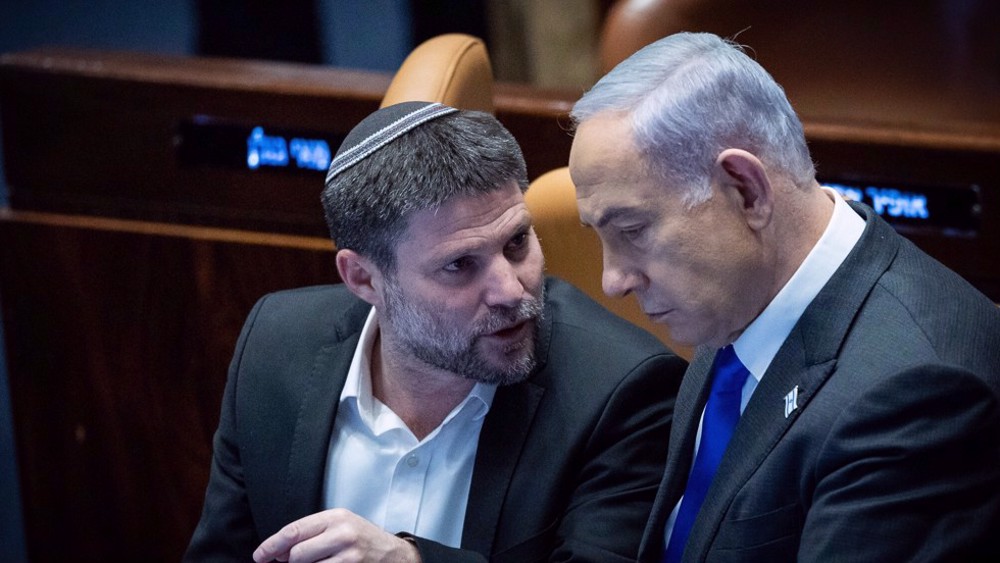

 This makes it easy to access the Press TV website
This makes it easy to access the Press TV website